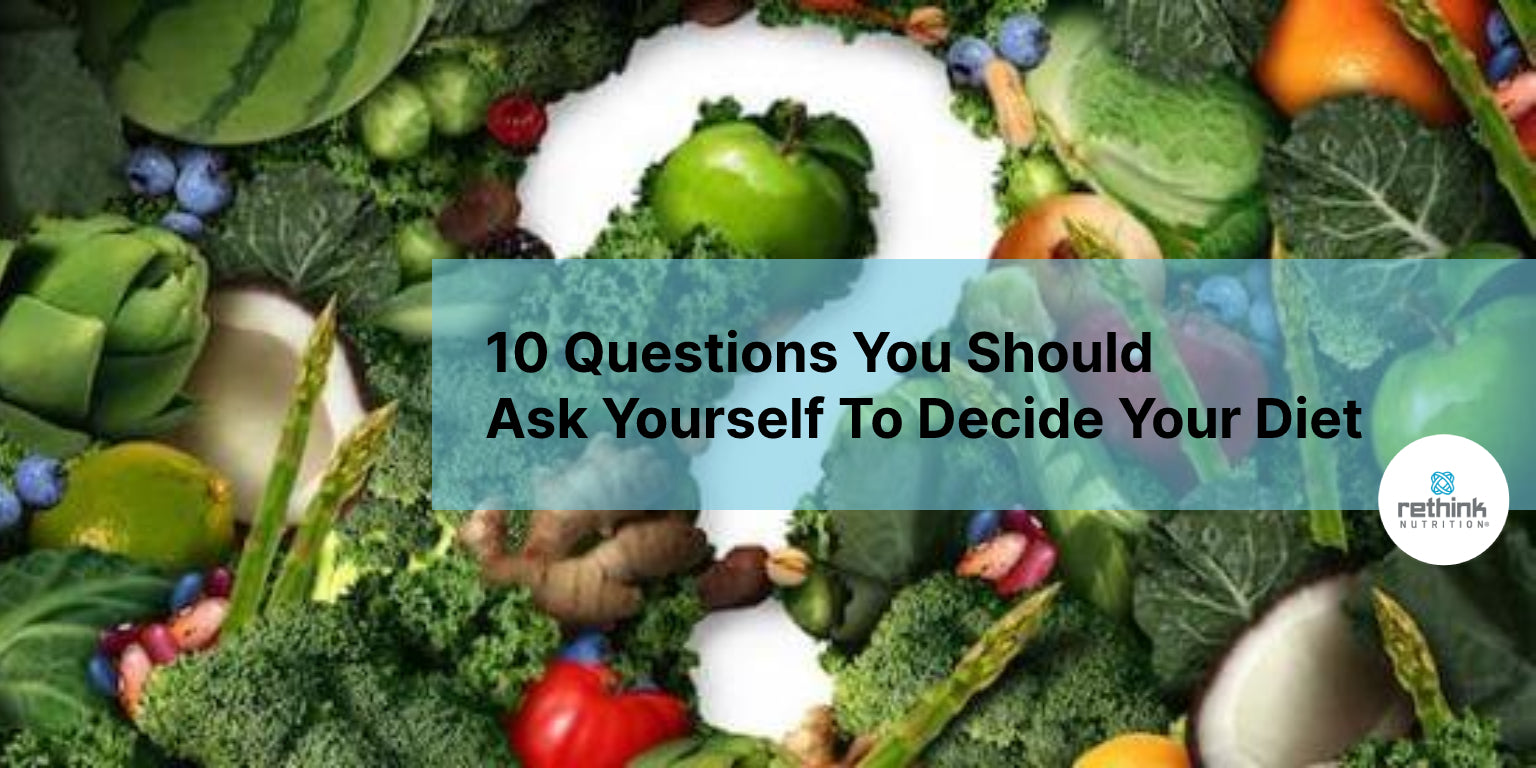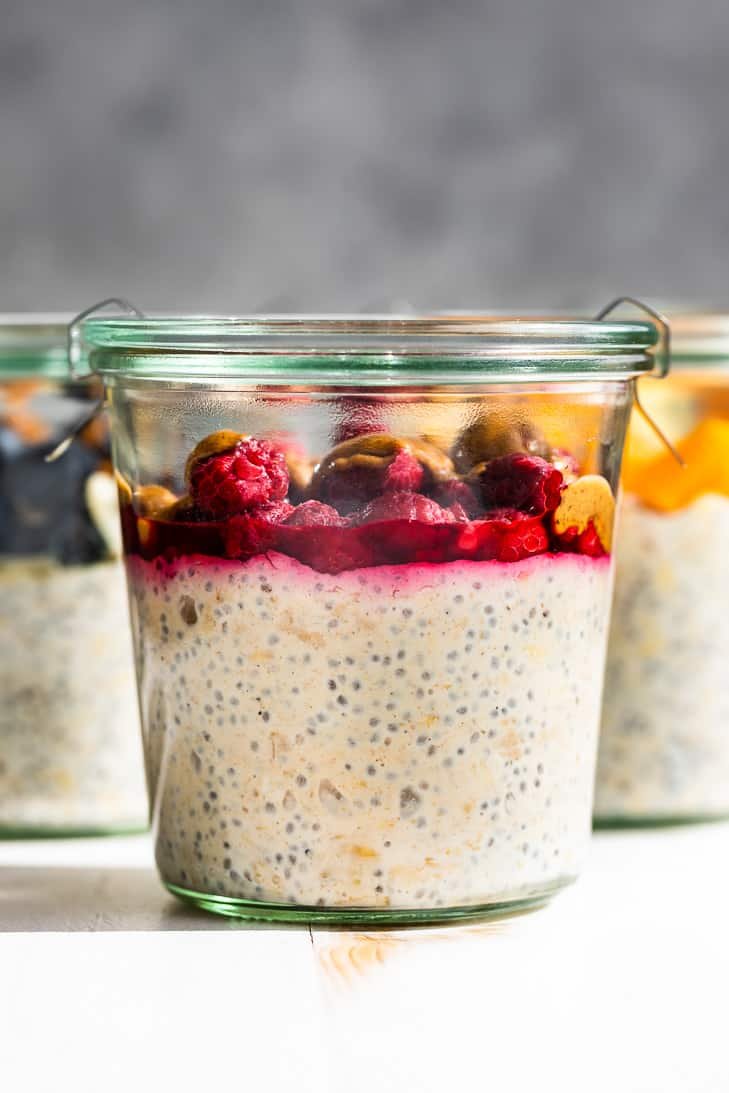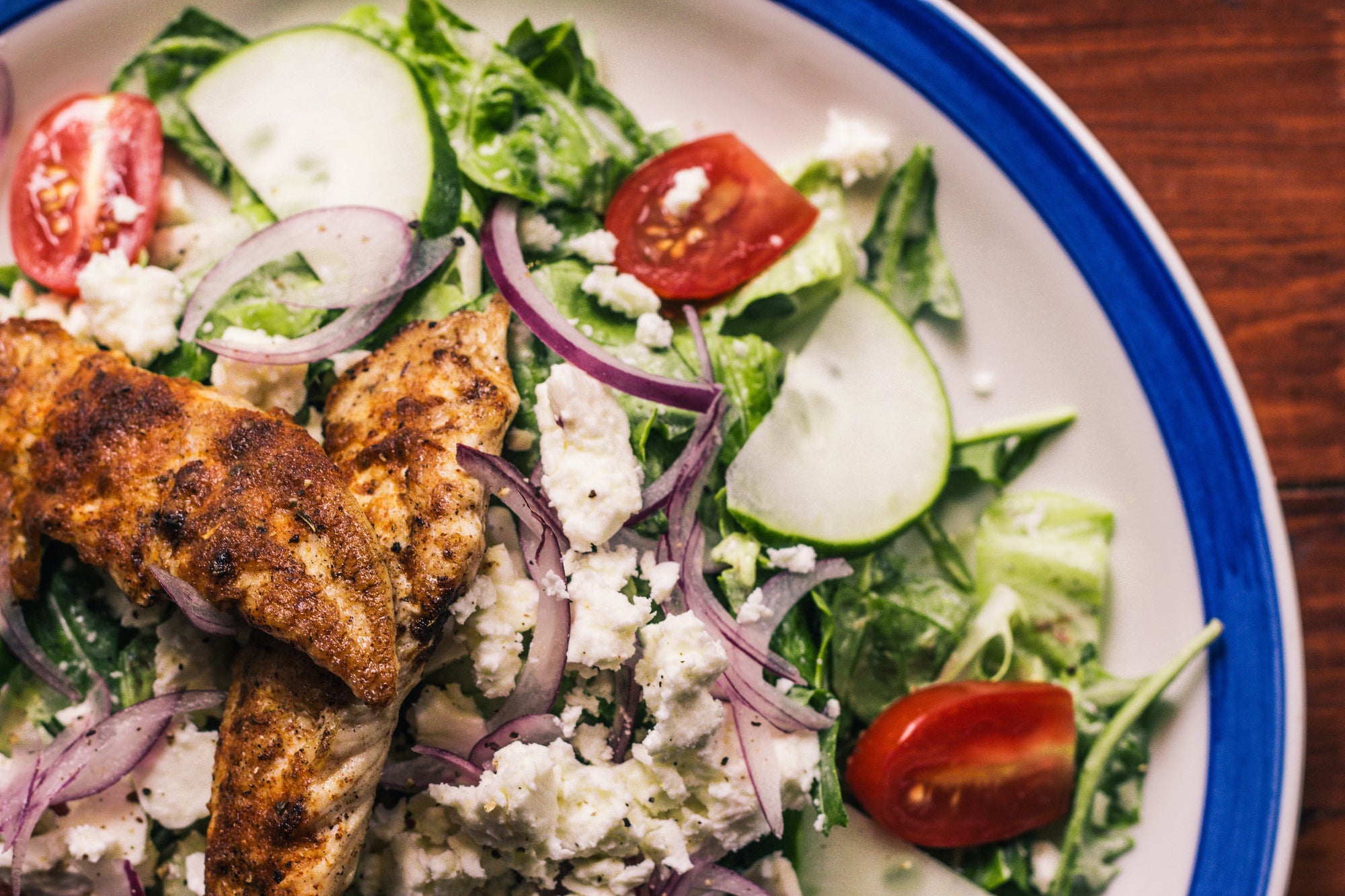All experts agree on one thing: the safest weight loss strategy is one you can keep.
It doesn't matter how scientifically sound the dietary program is and how quickly they take effect. You will regain as fast as you lost weight. What greatly matters is whether you can do what your diet plans say forever — not whether you should, but whether you can.
And not all diet policies and services are clinically valid, of course. Only because it's on the rack or the name is on the door doesn't mean it's a safe, well-rounded curriculum. Even it appears like the diets that everyone desires are those that guarantee the fastest, most painless outcomes—which, unfortunately, are usually not permanent. The weight lost quickly is generally a combination of water, muscle, and a little fat instead of fat. Worse, losing is typically accompanied by victory.
The Ideal Weight Loss Diet
Many people go on and off fad diets and slip into yo-yo weight loss syndrome accompanied by weight gain. As a result, you lower your metabolism and wind up at a higher weight than before you started.
The basic fact is that losing weight is a simple formula: calories in minus calories out equal weight loss, gain, or maintenance. Neither potions, detox rituals, nor vitamins will change the recipe.
You ought to eat fewer calories and be more healthy to lose weight. Cleanses, creams, and vitamins are gimmicks and will not help in the long term.
How do you know if a diet is safe and sustainable? Experts say that a sound weight loss diet plan should:
-
Include exercise
-
Enable a range of foods from all food groups
-
Be produced by a trained professional
-
Promote stable and slow weight loss
-
Require monitoring of section
-
Enable snacks in between meals
-
Don't depend heavily on supplements
-
Have small portions of your favorite food and drinks.
-
Be science-based
-
Include a timetable for recovery
-
Recommend a lot of water to drink
When you know how to decide if a weight loss diet is safe, you will need to narrow your options to one that suits your lifestyle. Test the strategy's tenets and make sure it suits the way you want to diet and workout.
It's also essential to pick a diet plan that won't make you feel hungry. Look for proposals to encourage high water foods and rich in fiber, such as soups, fruit, and vegetables. These foods fill you up and reduce your food cravings to help you adhere to your eating schedule without feeling robbed of it.
The dynamic duo of fiber and water can fill you up on fewer calories, and when combined with lean protein such as chicken, beans, and fish, it can keep cravings at bay and leave you feeling energized for hours.
Ask Yourself
#1 Does that complement my eating style?
If the menu recommends six meals a day and you're trying to eat two, the odds are that you won't survive on a diet, no matter how good it is. Look for a diet that suits the way you want to eat, and ask yourself:
Will this diet suit my travel or dining patterns?
Will it have a family-friendly solution that anyone in the household should take?
Does this involve special planning and cooking?
May I hold to the timing and prescribed amount of meals/snacks?
#2 Can it fit the standards of my exercise?
Specific programs encourage a lot of exercises; others get you going. If you're a sedentary individual, plans that involve hours at the gym might sound good—but they won't last long. Choose a curriculum that has an activity aspect that you can perform daily and step forward slowly. Find a schedule that promotes physical activities that you like and will do, whether it's dancing, gardening, cycling, or simply cleaning your home.
Exercise does not have to be professionally structured or require special equipment or memberships. It merely needs to be anything that increases whole-body movement.
#3 Can I live forever with this diet?
When considering any diet, ask yourself, "Is this something I'd be willing to do daily for the rest of my life?" If not, you must not bother starting it because as soon as you get back to what you were doing before you started the diet, the weight will come back.
#4 Does it contain food I can cook, afford and eat?
Are there foods or drinks that you consume in combination or in amounts that are not realistic in the long term? Some dietary plans require meal replacement drinks such as smoothies and protein shakes that may work for some people on the run. Others may prefer to eat food instead of drink.
There are diet plans that require unusual food or hours in the kitchen that may work for someone who has a lot of time and resources, but they may not work for you. Blatner recommends doing the 'Two T' test: make sure the dishes look delicious and time-saving.
#5 How fast am I going to lose weight?
One pound of fat is equivalent to 3,500 calories, meaning you need to burn a ton of calories to lose fat. Rapid weight loss is typically more fluid loss than the loss of muscle.
The higher weight losses that occur at the beginning of most diets are at least partially water. Weight loss can be particularly dramatic on very low-carb diets because your body gives up water when it utilizes other fuel sources.
Although you may try to lose weight fast, the experts believe that the race wins slowly and gradually. Healthy and prosperous weight loss ranges from 1-2 pounds per week, and the easiest way to do this is by burning around 500 calories per day by diet and exercise.
#6 Does it wipe away my bad habits?
The perfect weight loss strategy doesn't make you feel like you're on a diet. Going on a "diet" will trigger an obsession with food, heighten the cravings, and contribute to a disappointed "throw in the towel because diets don't work" attitude.
Look for a diet that can help you understand the behaviors that will prevent you from hitting a healthier weight.
Is it sitting in front of the computer, mindlessly binging junk food, drinking glasses of wine, or even eating while cooking, or maybe you finish your child's meal? If so, look for a dietary plan that will give you tips and ideas on how quickly and efficiently you can break these habits.
Whatever plan you choose, you must think about progress, not perfection, and slowly improve your eating behaviors. You don't have to hide away all of your old ways and recipes — try to slowly and realistically incorporate the new dietary plan into your lifestyle.
#7 May I still have any of my favorite foods?
Some schedules include lengthy lists of "forbidden" items with no space for indulgence. For specific individuals, the denial of such foods will cause cravings and binges. However, some do well if they get rid of "trigger" foods that set off eating binges.
Whether you can't survive without a bottle of wine with a meal or an occasional dessert, you'll need to find a schedule that provides for a limited portion of these favorites. But if you're a guy who can't quit with a glass or a slice or two desserts, more arduous arrangements might be just what you need.
Most of the people will achieve prosperity with sensible splurging. If a plan does not have room for comfort or junk foods, it might lead to a belly-busting binge. Ensure that the dietary plan has healthy substitutes for crunchy chips cravings and choices to satisfy a sugary-sweet tooth.
#8 Does it call for minor, incremental changes?
Some systems require drastic improvements, while others encourage a "baby step concept" concept—more minor, more incremental changes. Change is complicated, and the more you need to change, the harder it will be. Look for a strategy that can slowly improve your diet and workout habits before you're up for a real challenge.
A sensible dietary plan encourages you to assess your eating habits and work on a few unhealthy habits by breaking them. Once you accomplish these changes, pick a few more than you can live.
#9 Will I need vitamins, supplements, or dietary formulas?
You should not supplement good weight loss programs beyond a daily multivitamin-mineral supplement for dietary "insurance."
There is no reason why you cannot obtain all or most of the nutrients needed for good health through food on the diet plan. You must be wary of any dietary plans that include extra washing, unique beverages, pills, or portions—especially if the author is profiting from their sale.
#10 Do I want a standardized schedule or one that's more flexible?
Some may choose a diet schedule that calls for particular meals and serving sizes to help them remain on track. Others want the flexibility to make their own decisions over food. As long as the diet plan contains a range of nutritious foods—fruit, broccoli, beans, whole grains, low-fat milk, and lean protein—both may function.
Only make sure your diet schedule gives you enough food and calories that your appetite will not undermine your attempt to lose weight.
When a woman's calorie levels get below 1,200, or a man's calorie levels get below 1,500, it can make you light-headed, irritable, and quite miserable because your body needs these minimum amounts to function well.
The Takeaway
The fact is, while they can be helpful to some people, you don't need a diet book or program to be effective in losing weight. It would help if you did it on your own—but you might want to contact a licensed dietitian to help you develop a menu specific to your needs.




